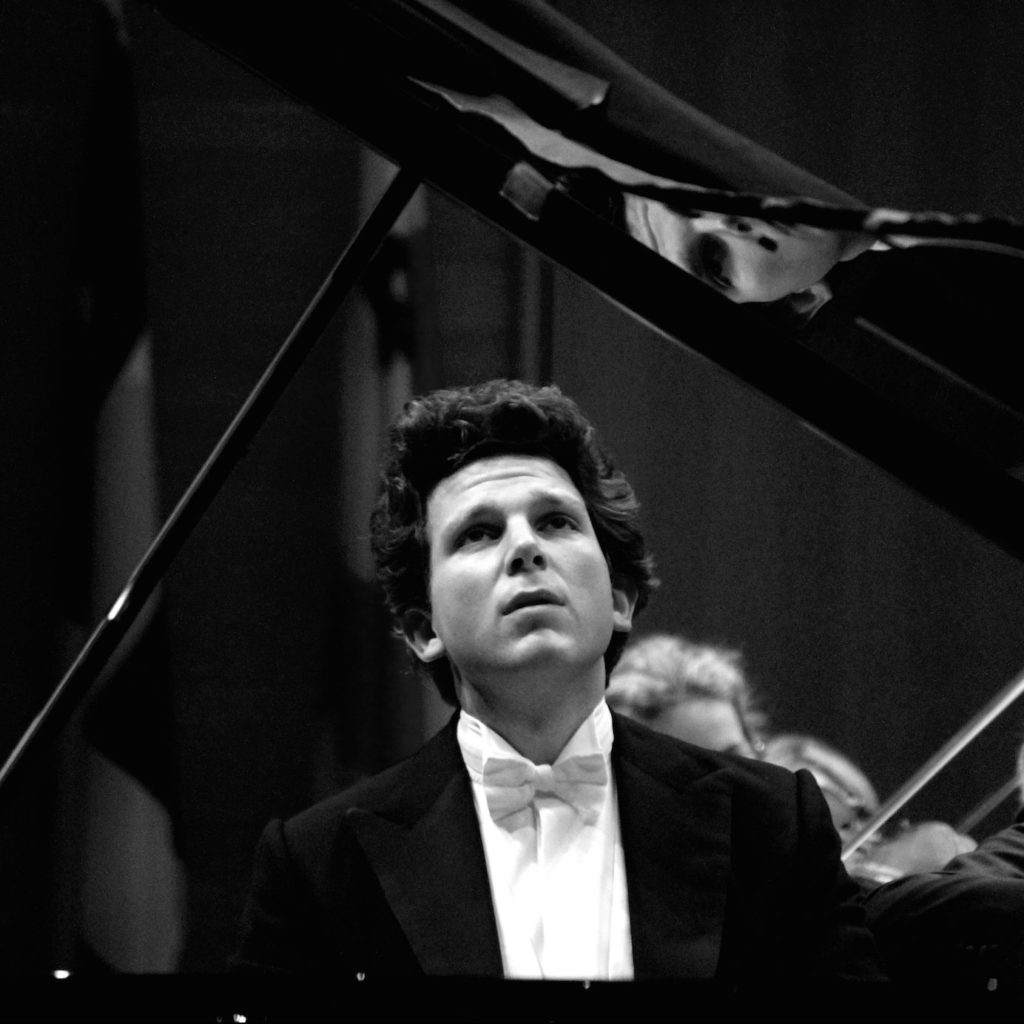Rosalind Appleby savours every moment of WASO’s last concert for what could be quite some time, and encourages patrons to support the arts sector by refusing ticket refunds to cancelled concerts.
Extra frisson in final concert
15 March 2020
- Reading time • 4 minutesMusic
More like this
- Rewriting tradition with skill and charm
- Close encounter stirs the soul
- The great unknown
‘Dances with Daphnis’, West Australian Symphony Orchestra ·
Perth Concert Hall, 13 March 2020 ·
Review by Rosalind Appleby ·
A diminished but enthusiastic audience gathered for the West Australian Symphony Orchestra’s concert on Friday evening. The performance was the orchestra’s last until the end of April after the government’s COVID-19 announcement that from 16 March gatherings of more than 500 people will be cancelled.
French conductor Ludovic Morlot was conducting his second program with the orchestra (following last week’s “Absolute Beethoven”), a program of predominantly early 20th century French repertoire, with Australian-British pianist Jayson Gillham joining the orchestra for Liszt’s romantic-era Piano Concerto No 2. There seemed an extra frisson in the performers and the audience, a heightened commitment as people savoured every last drop of the performance.
The undercurrent of tension imbued the opening work, Debussy’s Prélude à L’après-midi d’un faune, with melancholic uncertainty. The opening flute solo with its ambiguous tritone interval was played by Andrew Nicholson with uncomfortable plaintiveness. The flute’s question was answered by beautifully poised wind chords and a horn call that glowed warmth. From these pristine opening bars the Prelude unfolded with subtlety under Morlot’s finessed conducting, its wandering harmonies a reminder that pain and solace are often entwined.
The poetry continued when Gillham joined the orchestra for Liszt’s Piano Concerto No 2. The 33-year-old pianist captured the beauty and and bombast of Liszt’s writing, playing with tenderness, heft and crystalline technique. Pianism doesn’t get much better than this. Gillham’s elastic phrasing and compelling internal propulsion enabled him to enmesh with the orchestra but also take the lead with thrilling charisma. It was a performance of electrifying excitement and soothing balm, appropriate for the heightened emotional antennae of the audience, who responded with loud acclamation.

I was keenly anticipating Morlot’s interpretation of the French repertoire on the program, however Poulenc’s Suite from his ballet Les Biches was less than satisfying. Poulenc’s music sets the classical ballet Les Sylphides in roaring twenties glam. The Suite is a series of vignettes from the ballet, but on this occasion, they were cool rather than erotic, incongruous rather than humorous and the effect was not compelling.
Morlot found his stride again in the Suite No 2 from Ravel’s Daphnis et Chloé. Rather than vaguely wafting impressionism, this was dynamic music shaped by pulsing waves. Morlot’s forward momentum was alluring and enabled the enormous forces on stage (strings plus celeste, two harps, fifteen woodwind, and larges forces of brass and percussion) to navigate the pace changes cleanly. This depiction of classical Greece was one of glittering, lush beauty, from the rippling depiction of sunrise to the boldly triumphant finale.
As the performing arts sector faces devastating cancellations to their core business (putting the future of some organisations in jeopardy), I would encourage patrons to refrain from asking for ticket refunds, as a gesture of support. Music unlocks our emotions, helps us process human experience and reminds us of our shared humanness. It is times like these we need it most.
This performance can be heard broadcast on ABC Classic on 2 April 2020 at 1pm (10am online).
Pictured top: French conductor Ludovic Morlot with the West Australian Symphony Orchestra. Photo supplied.
Like what you're reading? Support Seesaw.







